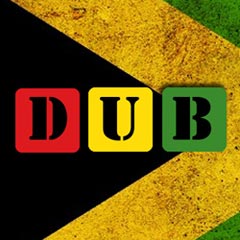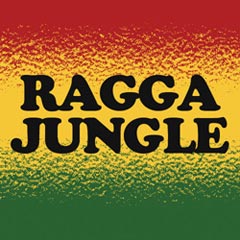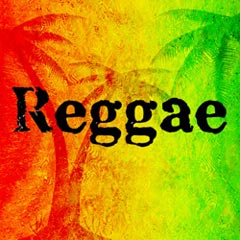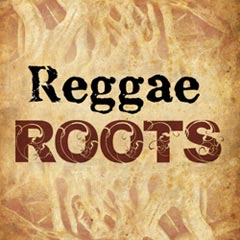Rasta
A religion with all that it entails. Music is a universal language capable of transcending culture and nationality. With music, we can share sentiments, ideas, and experiences that remain pertinent and meaningful beyond geographical boundaries. Rasta music is one particular sound that many outside the genre instantly recognize for its catchy melodies and carefree energy. It invokes deep thought about greater social causes and promotes ethical values from its roots in reggae music historically created by those hailing from Jamaica. That soulful sound allows powerful messages of spirituality, welcoming harmony throughout all the diverse practices from country to country.
The Rhythmic Religion: Exploring the Roots of Rasta Music
Music has always been used as a tool for cultural expression and communicating messages of social justice. One of the most prominent examples of this is Rasta music, also known as reggae. Born from the Rastafari movement, this genre of music has become a universal symbol of peace, harmony, and spirituality. In this article, we will explore the roots of Rasta music and how it intertwines with the Rastafarian religion in promoting social change and ethical values.
The Rastafarian religion has its roots in Jamaica, where it emerged as a cultural and spiritual movement in the 1930s. With its message of black empowerment and repatriation to Africa, it quickly gained popularity among the island's deprived communities. This newfound sense of spirituality and community was reflected in the music created by Rastafarians, which became known as reggae music. The stirring rhythms and uplifting lyrics of reggae music quickly gained international acclaim, becoming synonymous with the Rastafarian faith.
One of the central tenets of the Rastafarian religion is the worship of the Ethiopian Emperor Haile Selassie I, whom they refer to as Jah. This figure is regarded as a divine being and represents the ideals of equality, justice, and peace. Rasta music often centers around themes of nature, love, and spirituality, reflecting the practices and beliefs of the Rastafarians. The music encourages listeners to connect with nature, recognize the oneness of humanity, and embrace the principles of social justice.
Rasta music has been used as a form of protest, reflecting the experiences of the Jamaican people in their fight for social, economic, and political rights. Many reggae artists have used their platform to raise awareness of important political and social issues, such as apartheid in South Africa. Bob Marley, arguably the most famous reggae artist, was a known advocate for the Rastafarian religion and social justice. His music, including tracks like War and Redemption Song, speaks to the struggle of the African people against oppression and injustice.
Rasta music also embraces a culture of positive values, such as love, unity, and respect. The music celebrates diversity and encourages the practice of kindness and humility towards others. This is reflected in many of the lyrics found in Rasta music, which espouse virtues of kindness, peace, and love. The music acts as a beacon of hope and inspiration, encouraging listeners to spread positivity and embrace the power of unity.
Rasta music remains a powerful testament to the unity of humanity and the importance of social justice. Through its infectious melodies and thoughtful lyrics, it encourages listeners to embrace the values of the Rastafarian faith and become agents of change in their communities. The music brings together people from all corners of the globe, fostering a culture of unity and respect. Rasta music is much more than just a genre of music; it is a movement, a culture, and a way of life that promotes positive values and social justice.







